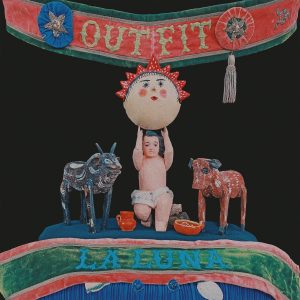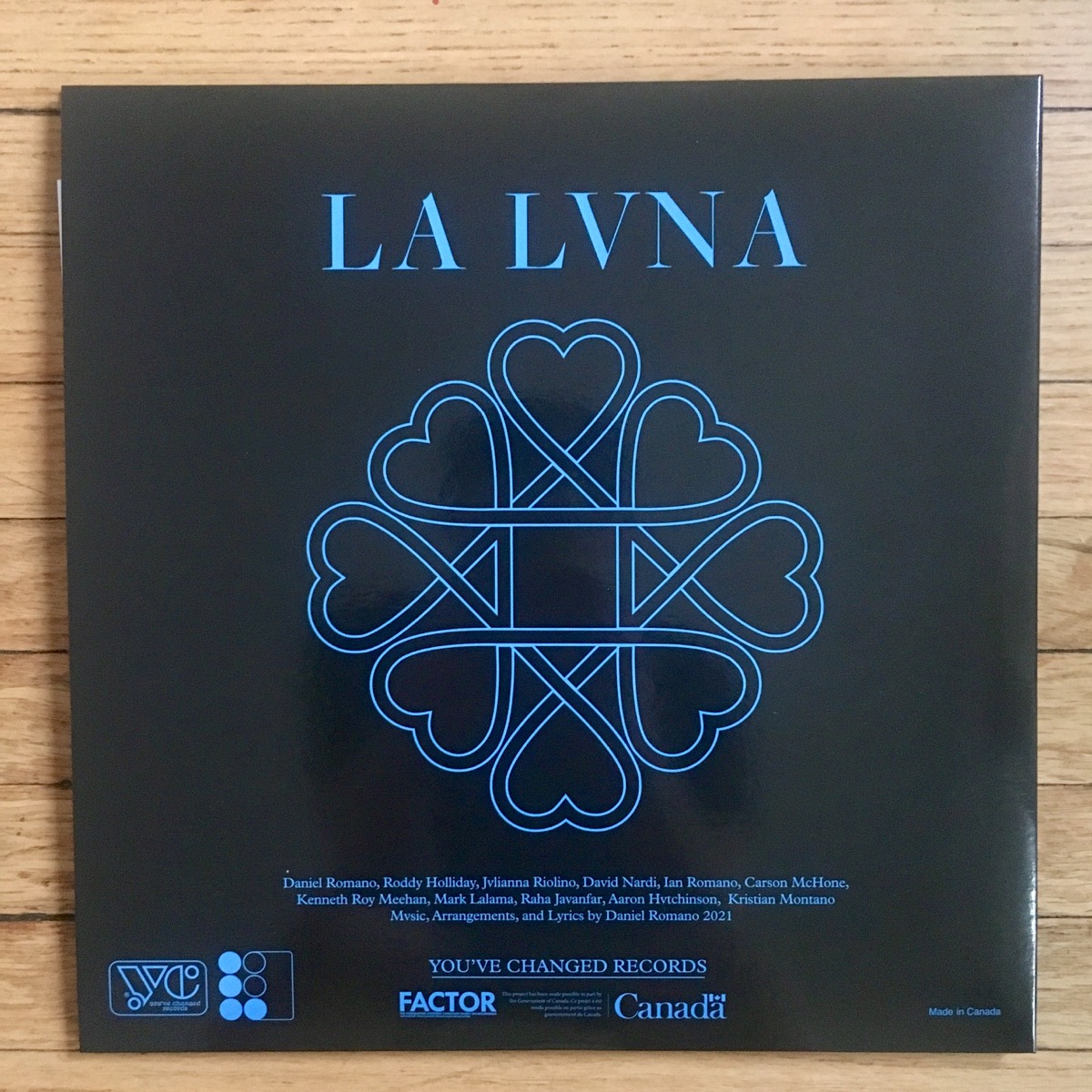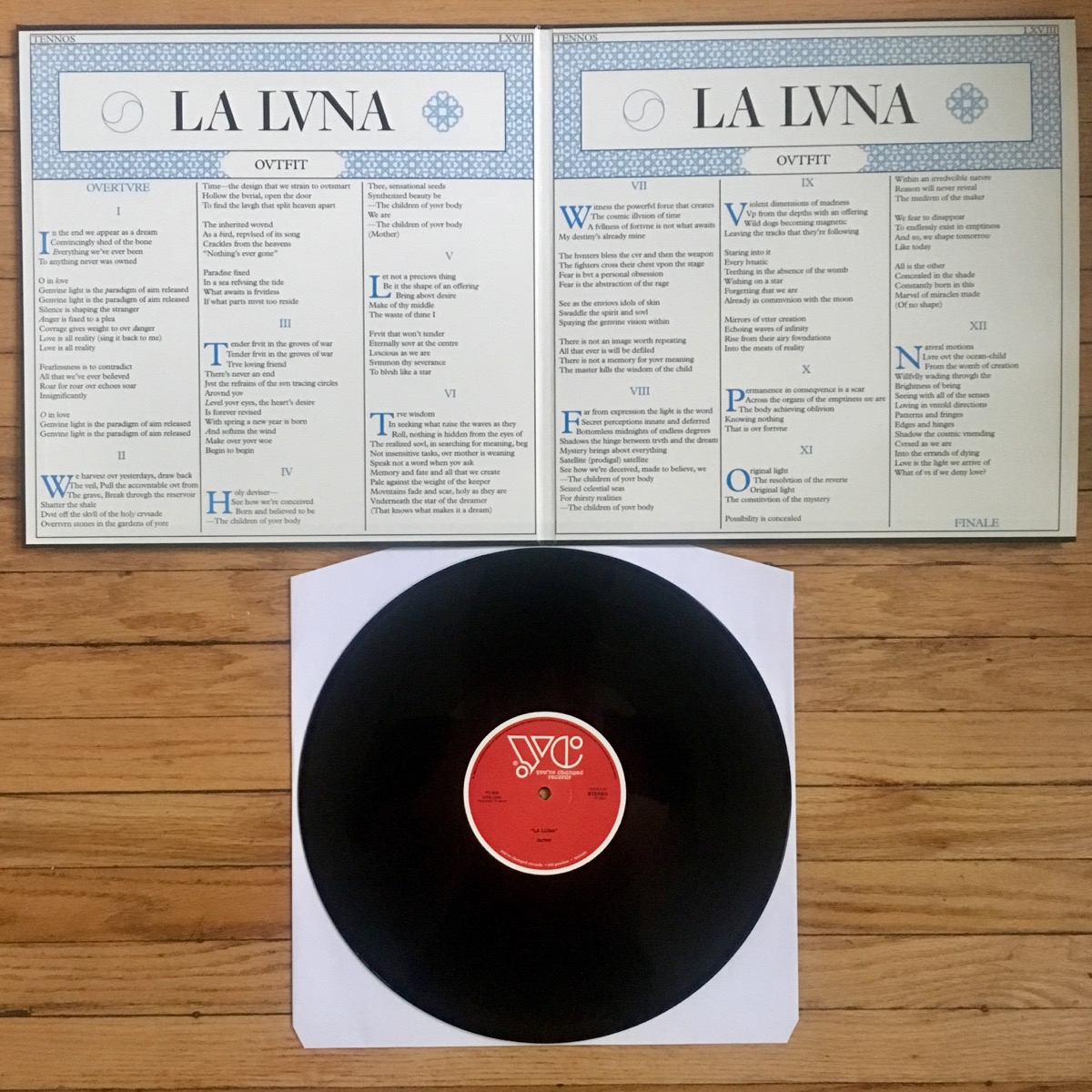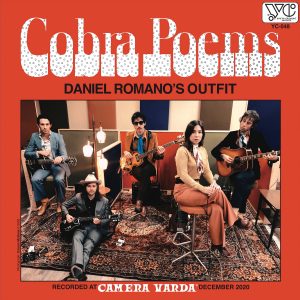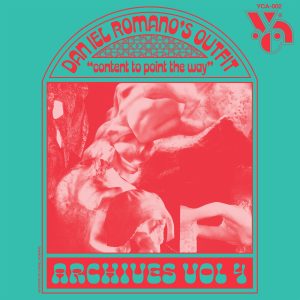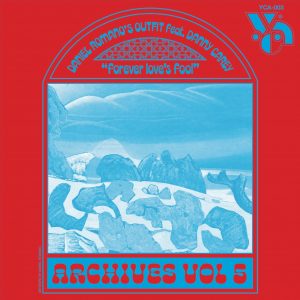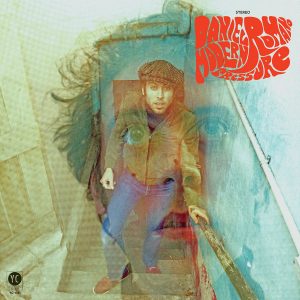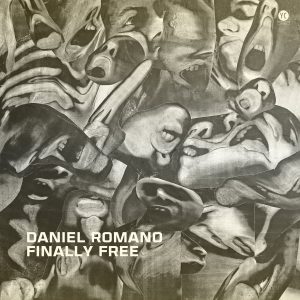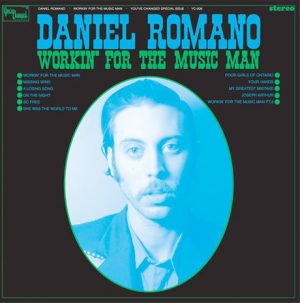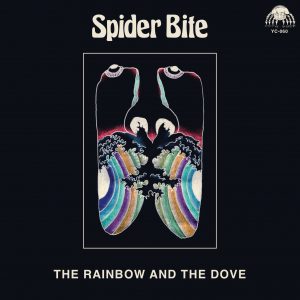Daniel Romano’s Outfit – La Luna
$24.00
La Luna is a single LP in a gatefold tip-on jacket. It is a thing of beauty. Like the moon. Full lyrics included.
Come poet, contemplate the moon, here at the end of day, in this timeless moment be timely, awaken the spirit, and sing….
Consisting of a single massive song in 12 individual parts, plus pulse quickening overture and truly grand finale, La Luna is an unprecedented artistic achievement by one of contemporary music’s most ambitious and consistently surprising practitioners. Daniel Romano sets his visionary poetry to exuberant tune – it is epic, immaculately and extravagantly arranged, and truly cinematic.
Through close observation the observed is drawn near. Identification becomes possible. A sympathy indistinguishable from grace. Are we not like the moon? the poet might ask. Yes, does ask. In the long song. La Luna is a hymnal or scroll for modern seekers, brought to life by the impeccably skilled Outfit, (Julianna Riolino, Roddy Rosetti, David Nardi, Carson McHone, Ian Romano) with swagger and joy. Transcendently melodic, undeniably classic and shockingly contemporary, La Luna synthesizes teachings from the sacred texts of rock and roll and psychedelic-folk (Beatles, Fairport Convention, even the Stones, Queen…) into a new testament for a new time. It was recorded in a blast of radiant activity at the band’s own Camera Varda studios.
Uploading this record to the digital void, the algorithms suggested a classification of “Progressive Rock”. These programs seek to know the present, to characterize the moment, by what is known of the past. Remember that these inhuman programs were made by human minds: these are our ways of knowing. Haven’t progressive tendencies always drawn from the past, through reinvigorated traditions, through recontextualization, through creative mimicry, through the mis- or new-interpretation of fragmented texts? The modernists stole from ancient myths, or extracted techniques from cultures not their own. Revivalists send electricity through old practices, corrupting ears and original intent, eliminating meaning. One may dream of a clean start, a clean and genuine light. And in the exuberance of beginning it can feel possible.
Side 1 of La Luna is experienced as a document of first asking: musical themes are introduced, lyrics, later to be repeated, are given first voice. There is a lightness, not of illumination necessarily, but of feeling. The Outfit, the ever-masterful Outfit, giving collective voice to the poet’s words. Yes, close followers of Daniel Romano’s may well know his poetry oft bends to the Romantic, to the Mystical. You have read it in the collections of his poetry (Weaker Animals Too, At Last There Is No End); you have heard it sung in the psychedelic folk masterpiece Finally Free. These words gain new weight as Julianna Riolino, David Nardi, and Carson McHone weave their own voices around Daniel’s, taking lead on individual verses, joining in immaculately arranged harmony. It is, in accumulation, a collective voice – a liturgy, an act of public worship. And like all worship, it is seeking an understanding of our place, of the very nature of our existence. A seeking that, despite moments of ecstatic clarity, given great musical voice throughout, ultimately discovers its own limits, discovering a place of ultimate unknowing: discovers “true wisdom in seeking”; discovers “Memory and Fate / And all that we create / Pale against the weight / Of the keeper”
And so, with Side 2, we begin again, of course, more troubled, beginning again with all the unsolved riddles and questions of existence, down in the deep black groove. Where once the lyrics measured our closeness, now they measure our distance (“Prayer is but a personal obsession”). Side 2, haunted by echoes, crossed by shadows. If this is perhaps true of Side 2s everywhere, La Luna strikes me as unique in its brave acknowledgement of the facts. One must reckon with the past, the Grand Preceding; personal history of course, but also the harrowing recognition that the individual is born of collective histories.
Original light. The moon is a mirror, and so the poet too is a mirror, inheriting language, reflecting in words the world that passes their consciousness. The world of great complexity, of an infinite and incomprehensible, ungraspable, abundance of things and history, of pasts. And from those shards of ideas and sounds and lyrics form finally a shining truth, a life. We are not born of the original light, of the void, we are born of the great heaving complexity – and there is our joy and our freedom and our beauty, to recombine, to reinvent – Sing it out to me!
“Everything is truly what you are
See, how sweet mystery brings about everything”
I offer this thought to any who have criticized Daniel’s work as pastiche, as costume, as being casual or tossed-off, of insincerity. Who have judged his rambunctious, genre-traversing productivity cynically. What you hear is the play of life. What you hear is the skill and inspiration to rejoice, to build, to make family. To make great light of the questions of the spirit. I admire this light. “What of us if we deny love?”
All poets before have contemplated the moon. One makes their own offering. One offers their song from the moment to the eternal, one sings the eternal to the moment. Both.
And so, we end at the beginning (“In the end we appear as a dream…”) to ask again the same questions, but knowing perhaps the song a little better, knowing better the voices we sing along with, happily anticipating the chorus and our joining in the chorus.
Turn the record over. Play again. Sing again. The moon rises.


